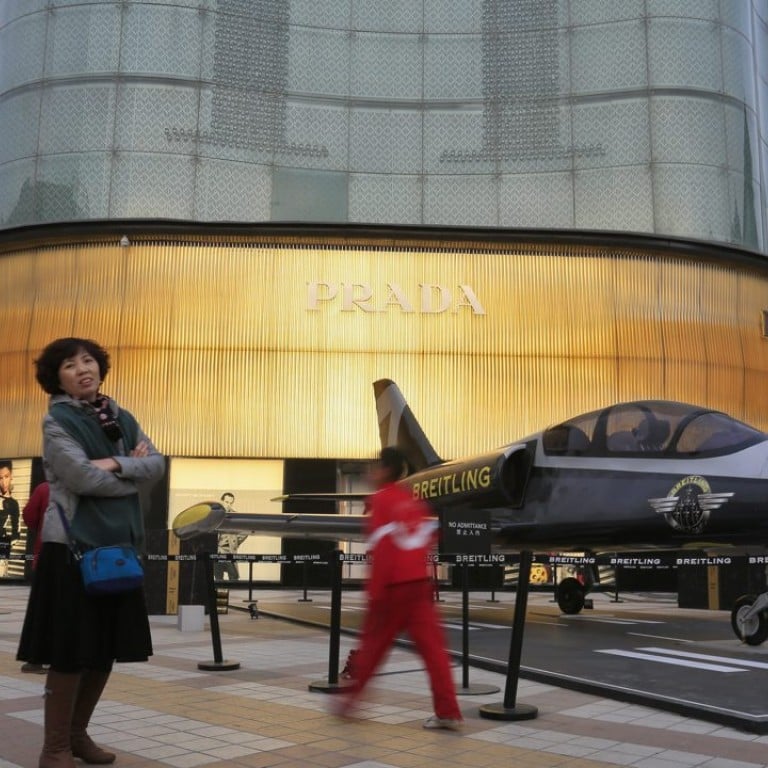
China an ideal testing ground for luxury brands seeking to diversify
The trend for luxury brands to diversify their businesses is a global one, but analysts say China is an ideal testing ground for such concepts.
“All retailers in general are seeking to create more experience-based shopping, in which consumers are not only engaged by the price or quality of the goods that they are buying but they are also engaged by the environment and experience they have in buying them,” said Jon Copestake, chief retail and consumer goods analyst at the Economist Intelligence Unit.
Adding services like cafes and food to retail experiences enhanced the enjoyment or convenience that a consumer could expect from a shopping trip, he said.
Fashion brand Gucci opened a 1921 Gucci restaurant last year in Sun Hung Kai Properties’ IAPM mall in Shanghai’s Puxi district. Italian luxury goods maker Prada is looking for space to open its first restaurant in China, with Shanghai Plaza 66, an upmarket shopping centre owned by Hang Lung Properties, the likely venue.
“China is an ideal testing ground for these concepts – partly because there is a strong sense of luxury recognition and aspiration within the market and partly because the crackdown on showy luxury goods has shrunk investment potential in other areas,” Copestake said.
The prevalence of fake goods in China also enhanced the appeal of luxury services.
“When you see someone wearing a Gucci bag you may question it, but if you see them eating in a flagship Gucci restaurant then the status this confers is genuine,” Copestake said. “Equally, eating in luxury restaurants of cafes may be seen as a more discreet form of gifting or conferring status than the watches and handbags that have been coming under greater scrutiny in recent years.”
But a Hong Kong-based landlord with shopping malls in China said the new businesses were not profitable.
Erwan Rambourg, global co-head of consumer and retail at HSBC, agreed.
“To be fair catering/coffees/restaurants are not bringing much sales or margins but I guess they enable a differentiated experience,” he said. “Bulgari sells chocolates in their Ginza store and L’Occitane has a few coffee shops but that’s really more for public relations purposes than hoping it can significantly contribute to sales and EBIT (earnings before interest and tax).”


